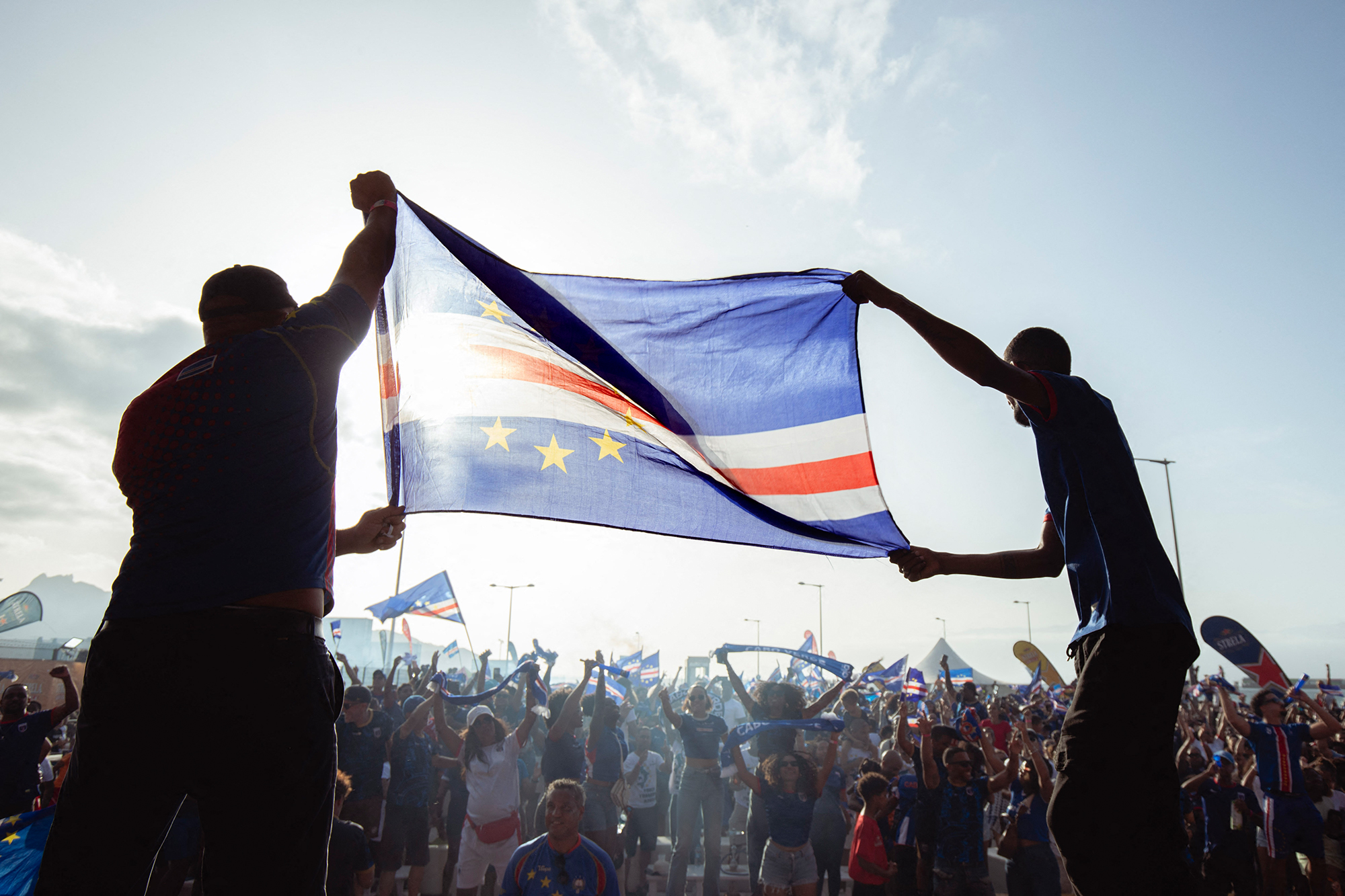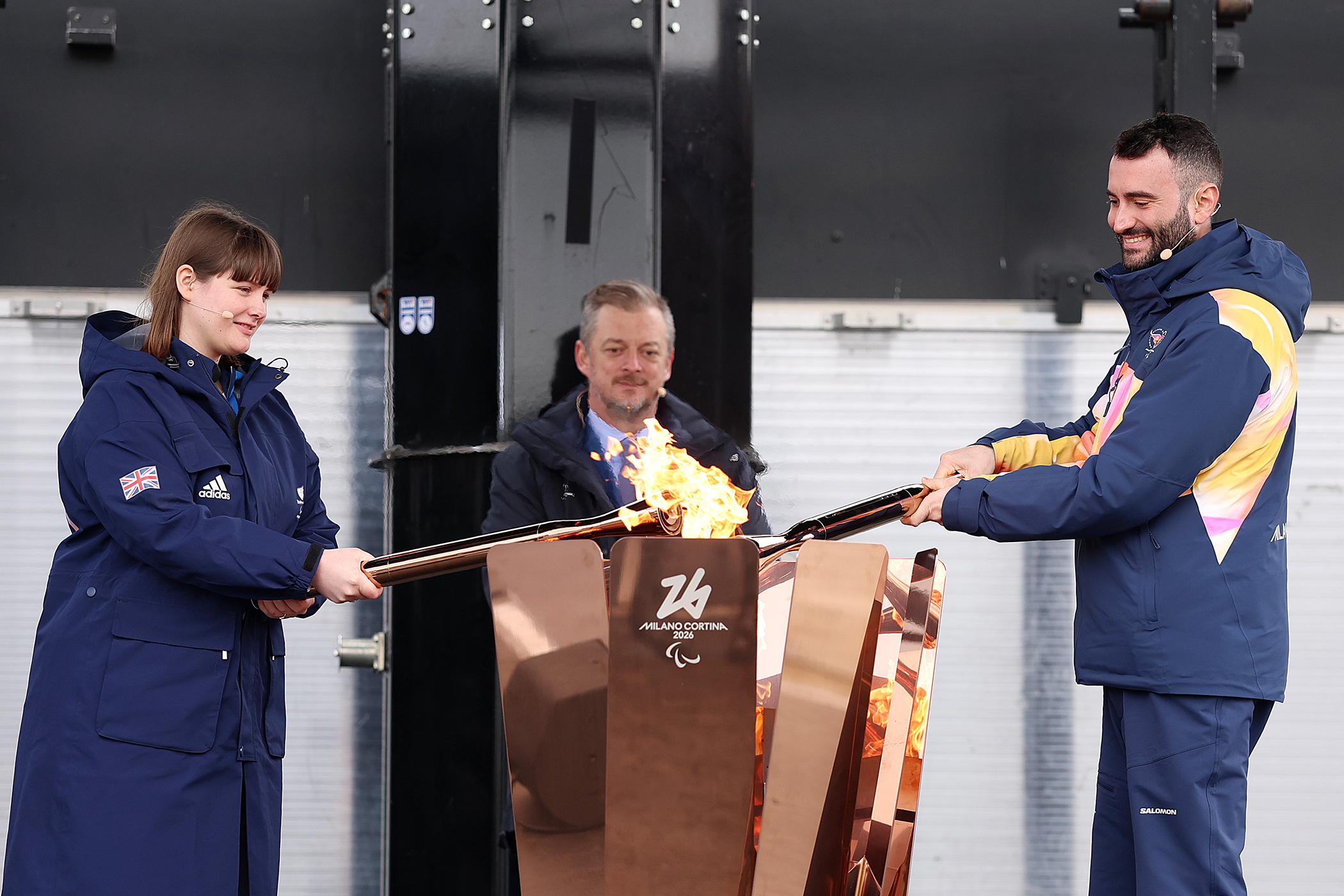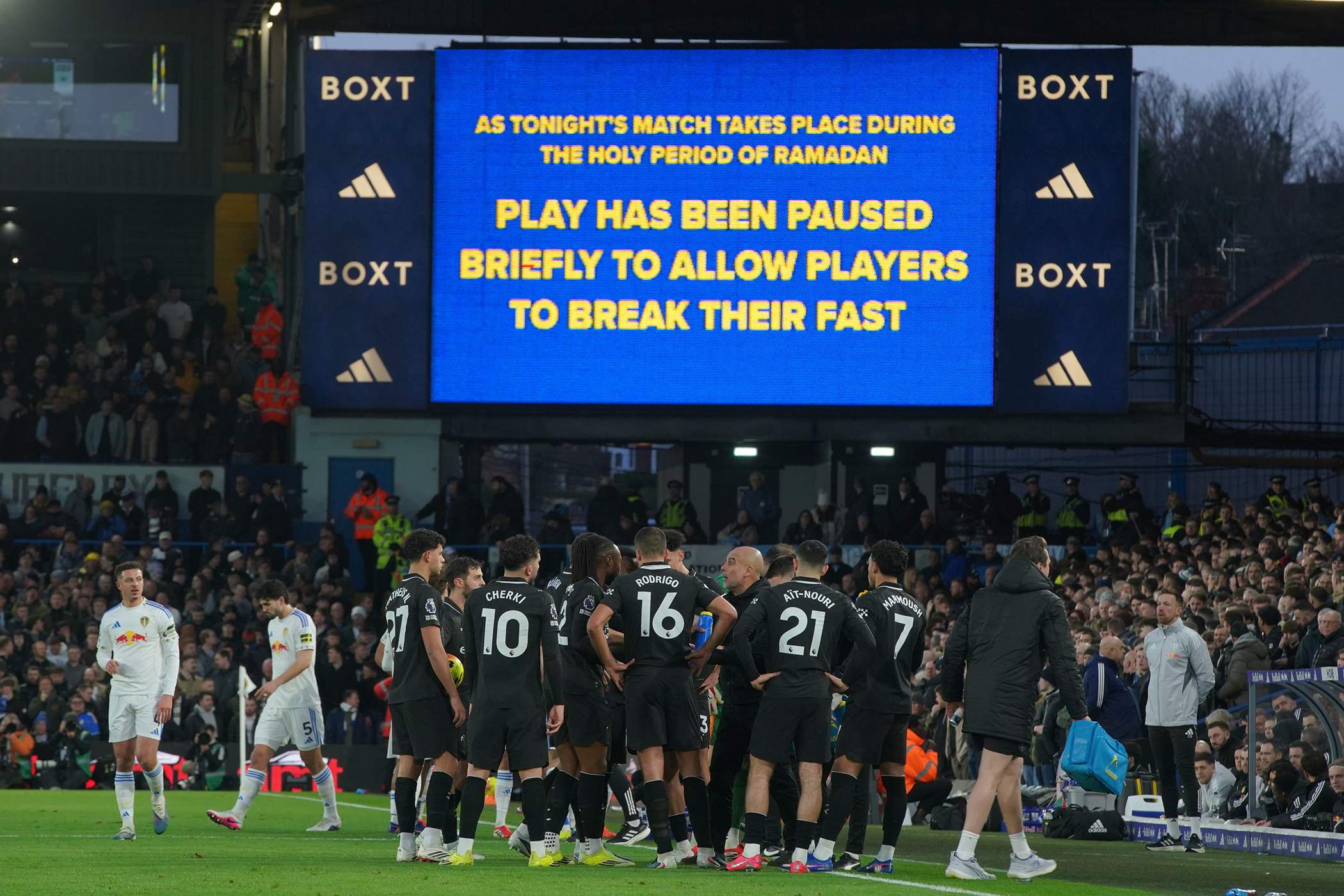Except for the day Cape Verde obtained its independence from Portugal on 5 July 1975, the explosion of rapturous joy on the streets of Praia on Monday, after the Blue Sharks’s historic qualification for next year’s World Cup, following a 3-0 victory over Eswatini, there has never been a more important moment for the country’s national identity.
An archipelago of 10 West African islands in the Atlantic Ocean, Cape Verde – ranked 70th in the world by Fifa – is the second smallest country to qualify for the World Cup, after Iceland’s appearance in Russia seven years ago. “Giving this happiness to these people is enormous,” Bubista, the head coach, said after the game. “It’s a special moment in this celebration of the 50th anniversary of our independence.”
Jose Maria Neves, Cape Verde’s president, was among the thousands of anxious fans in attendance, as the home crowd endured a goalless first half. Cape Verde’s first attempt to qualify for the World Cup was for the 2002 finals in Japan and South Korea. They were eliminated in April 2000 by Algeria’s Les Verts, who have also qualified for next year’s finals.
With a domestic top-flight featuring just 12 teams, the Federacao Cabo-Verdiana de Futebol (FBF), founded in 1982, decided to strengthen the Blue Sharks by attracting its diaspora players in Europe.
Defender Roberto Lopes, who plays for Shamrock Rovers in the League of Ireland, was approached for an international career via LinkedIn of all places.
“My father is from the island of Sao Nicolau. He left when he was 16,” Lopes, born to a Cape Verdean father and Irish mother, told the BBC's Destination New Jersey podcast.
“People tend to look for opportunities and football outside the country. There seems to be mass migration from the country. We’re all over the world. It’s great what we can achieve when we’re together.”
The hunt for diaspora talent first paid dividends in 2013, when Cape Verde made its Africa Cup of Nations (Afcon) debut in South Africa, preventing the Indomitable Lions of Cameroon, the most successful sub-Saharan team at the Afcon, with five titles, from qualifying for the tournament.
Cape Verde’s subsequent Afcon appearance, at last year’s finals in Cote D’Ivoire, saw them reach the quarter-finals, before losing to South Africa, but earned the Blue Sharks plaudits for their fluidity.
They remain Cameroon’s chief tormentor, as the Lions, surprisingly second in Cape Verde’s group, will have to go through a gruelling continental and intercontinental playoff series to earn a place at the World Cup.
Newsletters
Choose the newsletters you want to receive
View more
For information about how The Observer protects your data, read our Privacy Policy
“Cape Verde is one of the African countries that took full advantage of our developmental programmes. The results are really showing, after years of hard work,” said Gelson Fernandes, the former Swiss international who now serves as Fifa’s African Deputy Members Associations Chief.
“As a person of Cape Verdean origin, I know how proud a moment this is, for the country to qualify for the World Cup.”
It would be foolhardy for any of Cape Verde’s group opponents to underestimate their resolve not to be cannon fodder at next year’s tournament.
Photograph by Queila Fernandes/AFP via Getty Images


